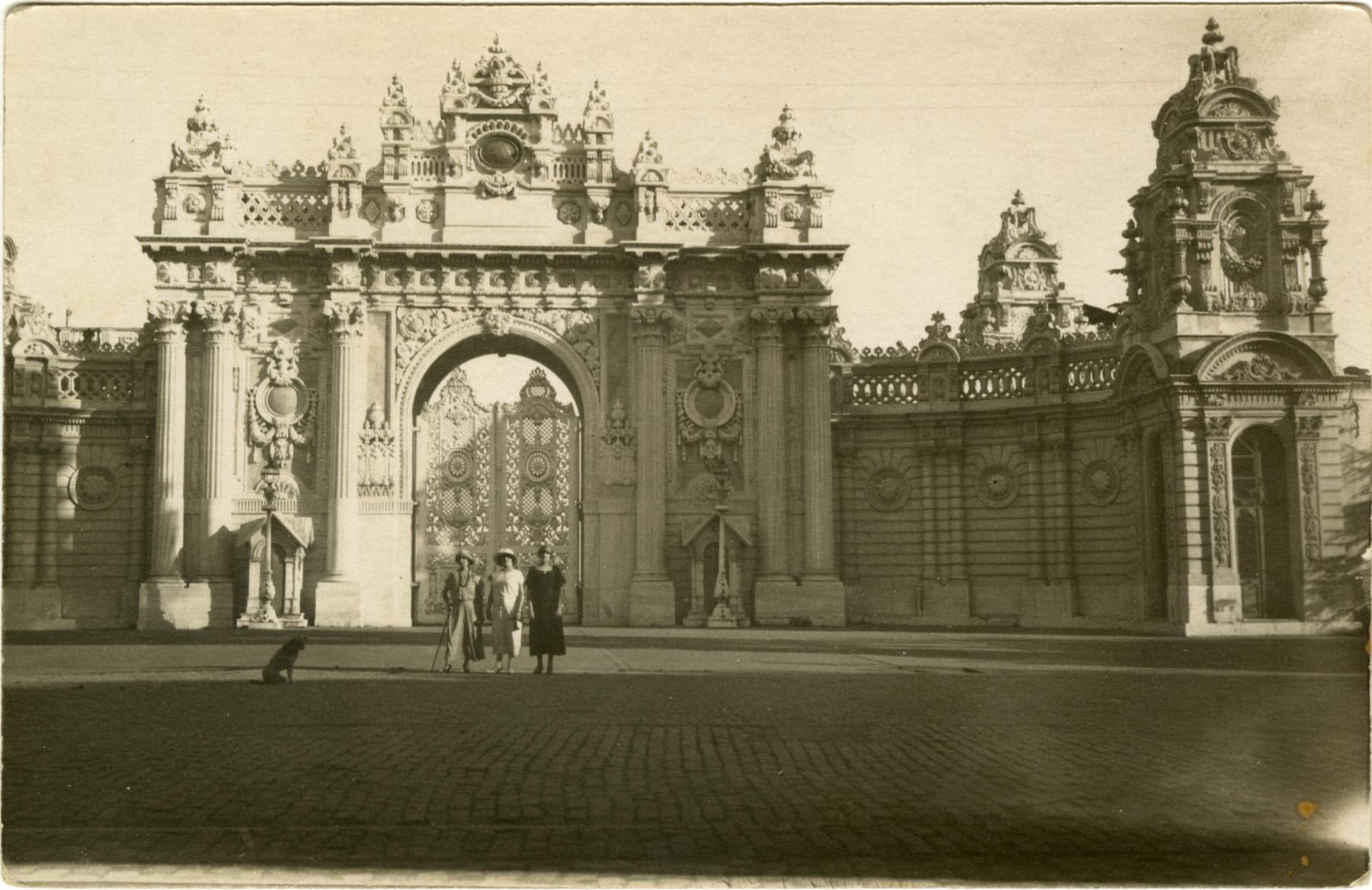
Genealogist Amy Brewitt unravels the past
Call her a sleuth of history: For the past 20 years, professional genealogist Amy Brewitt (HBA 2000 UTSC) has helped people uncover their missing links to the past — and it all began with a hunt through the threads of her own family story.
Post-graduation, Brewitt – who majored in Music History, with minors in History and Political Science –started researching her family tree. She’d recount her discoveries to her friends, who began to ask Brewitt to investigate their family histories, as well.
Our job is to tell an accurate story. We’re truth seekers.
“It just developed from there,” says Brewitt, who formally launched Amy Brewitt Genealogy Research Services a few years later.
Now, with clients from around the world, Brewitt says she works with companies and organizations looking for the heirs to intestate estates, as well as individuals searching for that missing branch of the family that moved to Canada.
And, she’s busy. “At any given time, I’m working on a dozen projects,” Brewitt says, with some files stretching on for years.
History in Perspective
Families often hand down stories about their ancestors, but it’s Brewitt’s job to set the record straight.
“Our job is to tell an accurate story. We’re truth seekers,” says Brewitt, who admits that genealogical hunts can still lead to a great deal of ambiguity – historical grey zones that it’s her job to sift through and decipher.
She gives the example of a region where a religious practice would be frowned upon, or worse. If a family faced persecution, its members might not have been willing to put their faith on public record.
Without the personal stories, history is just words on a page.
“Sometimes the census or marriage or birth record would not be truthful. It might say what people wanted to hear,” says Brewitt.
That’s when those old family stories might come in handy, as they often hold a grain of the larger truth. “You can’t outright dismiss stories that have been told,” Brewitt cautions.
Her position as a “truth seeker” also gives her a unique perspective on those who have been erased from the public records, either intentionally or by not being considered historically important. Women’s families of origin, for instance, are often difficult to identify as women take on their husbands’ last names, making it harder for genealogists to locate them.
Meanwhile, history tends to reward the ‘grand actors,’ ignoring their supports. As Brewitt argues, “We always hear about the genius of some composer, or intellectuals, but who was feeding them? Who was cleaning their house, enabling them the time to do all of these things that history has decided is miraculous and marvelous?”
History Lessons
But if there is one lesson Brewitt carries with her from her intricate studies of the past, it’s how profoundly it impacts the future.
“We need to understand history to understand how we will behave in the future,” says Brewitt. “We see in history how certain actions precipitate certain events. We have opportunities to learn from that, and to govern ourselves accordingly,” she adds.
For genealogists like Brewitt, that starts with small, personal stories of people living their everyday lives.
“The personal story informs everything. Without the personal stories, history is just words on a page.”